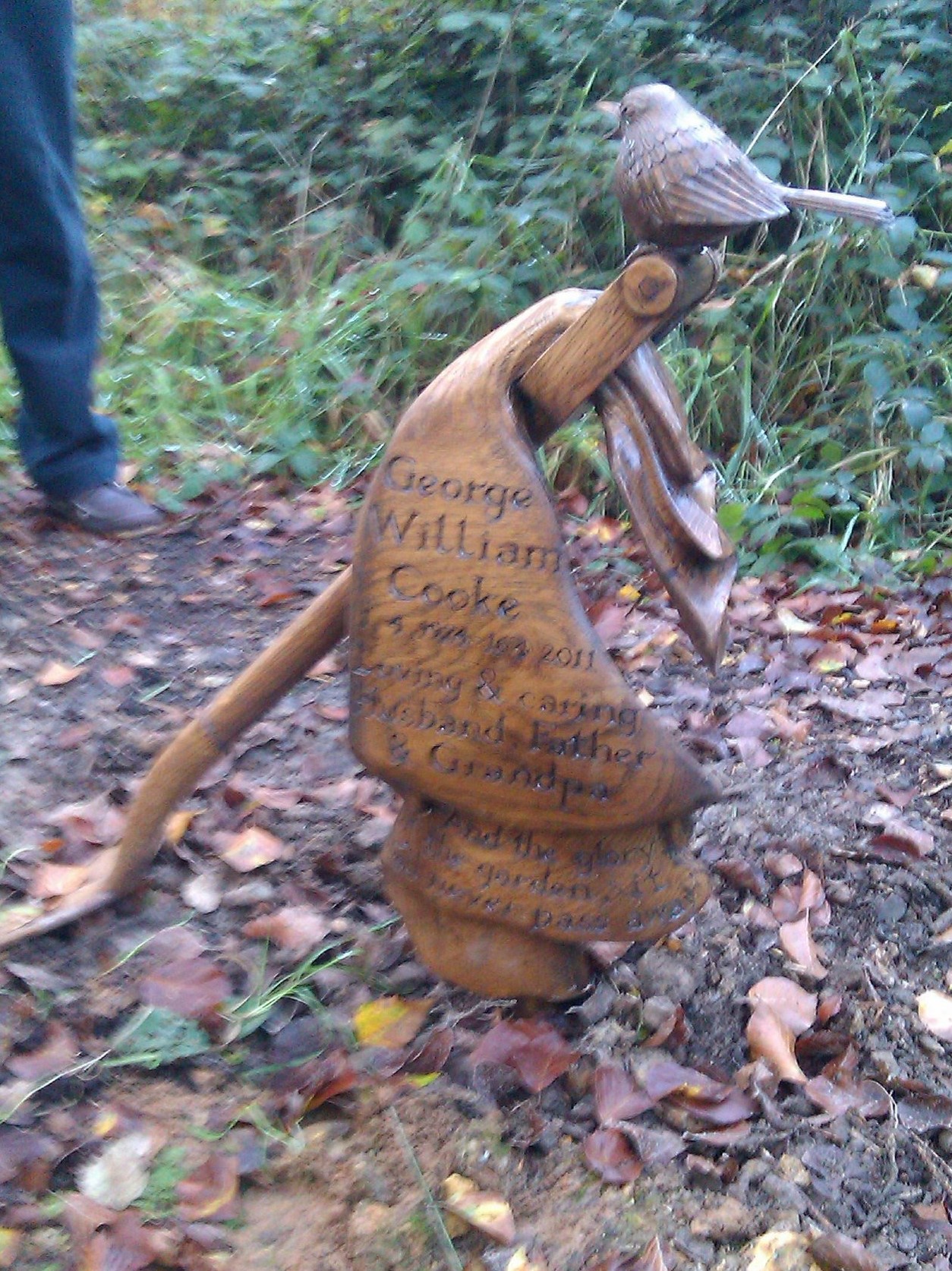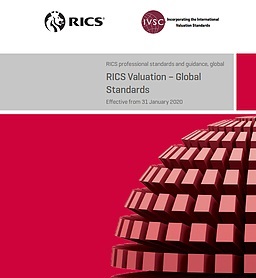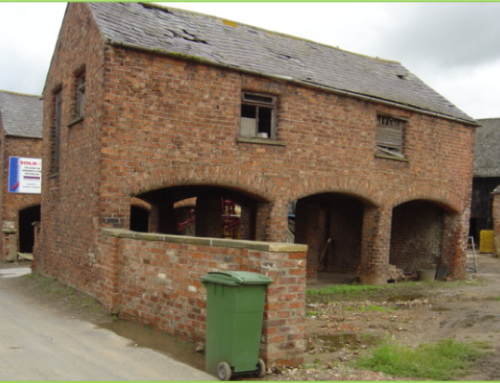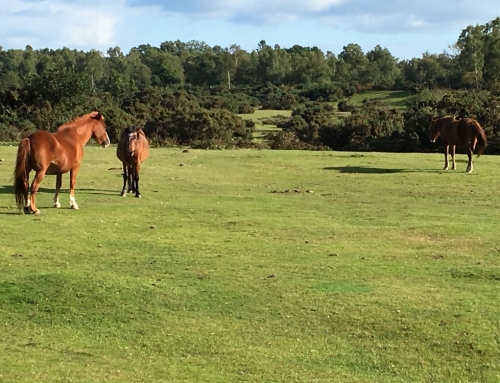Often left to family members, being an executor for someone’s will can be a time consuming and stressful task, at a time of emotional turmoil and grieving. Executors may use solicitors and other professionals to help in the process or pass all of the responsibility over to them. This article is not about the whole probate process. Executor to a will, close friend or member of the family, should refer to the government website https://www.gov.uk/wills-probate-inheritance. This article deals with the information that you will have to gather in order to obtain probate and go on to carry out the instructions contained within the deceased’s will.


As part of the process of applying for a grant of representation you, or your advisor, will need to provide an estimate of the estates’ value to Her Majesty’s Revenue & Customs. The estimate provides a ball-park figure so that HMRC know how the application should be treated. Once you have this, if the estate has a value of more than £250,000, you will need to get accurate valuations of any assets worth over £500. (Unless the estate is passing to the person’s spouse).
At the time of writing no inheritance tax is likely to be paid if the estate value is less than £325,000, with a further allowance of £175,000 for primary residences. Above this, the rate is usually 40%. However, there are many classes of property and assets which are exempt or have lower rates of Inheritance Tax. These include Heritage Properties, Agricultural Property Relief, Business Property Relief and Relief for Growing Timber.
Assets that may require professional valuations include cars, jewellery, stocks and shares, businesses and real estate. You should liaise closely with your valuer and accountant, so they are aware of exactly how each asset is likely to be treated under the prevailing tax regime, ensuring each asset is correctly allocated into the relevant reliefs before the Inheritance Tax owed is calculated.

The Inheritance Tax legislation requires personal representatives to make the fullest enquiries reasonably practicable in order to be able to complete and deliver an account of the estate to HMRC specifying, as best they can, all appropriate property in the estate and the value of that property. The value of property is the price that the property might reasonably be expected to fetch if sold on the open market.
If an estate includes land and buildings then the Government expects the personal representatives to obtain a professional opinion of value. The Government guidance does state that when valuations are undertaken by Chartered Surveyors then they must be undertaken in accordance with The Royal Institution of Chartered Surveyor’s Practice Note.

The RICS Valuation Standards describe the differences in the normal understanding of market value and that defined by case law around Inheritance Tax and ties in with the details provided by the Valuation Office Agency regarding a number of scenarios. The VOA may challenge your values on behalf of HMRC if the values are thought to be erroneous.
With Inheritance tax rates at 40%, it is important to ensure that the correct figure is used on the forms. A valuation should take into account the condition of the building and any legal issues which affect value at the time of death. A valuer must understand the impact of business property relief, agricultural property relief and primary residence relief and be willing to stand up in a tribunal to justify the valuation report, the evidence used and the logic of the calculations. The RICS also ensures that Chartered Surveyors carry appropriate levels of Professional Indemnity Insurance.
If you or a client require a valuation of residential, business, forestry or agricultural property for business, taxation or estate planning purposes please feel free to call Skinner Holden Property Advisors to discuss your requirements. on 07827 394720, or email your enquiry to iainskinner@skinnerholden.co.uk
©Iain


